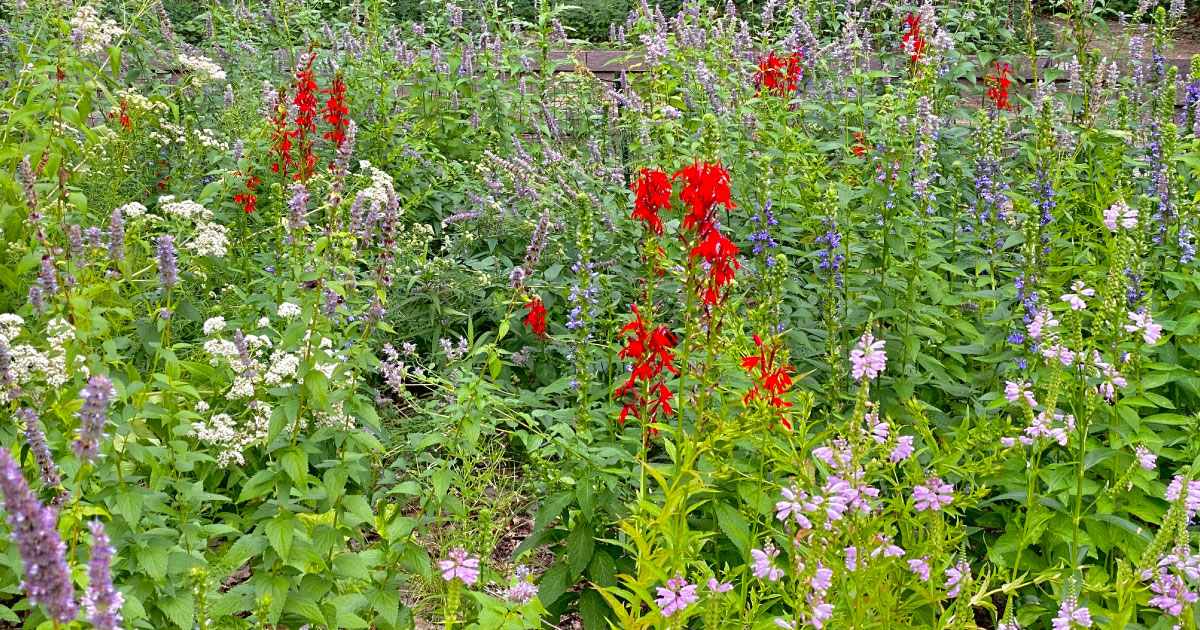If you’ve ever battled weeds in your garden or driveway, you know how stubborn they can be. Chemical herbicides work fast, but they come with downsides — they can harm pollinators, damage soil health, and even contaminate groundwater. The good news? There are plenty of non-herbicide weed killers that get the job done naturally and safely.
1. Natural Ingredients That Kill Weeds Effectively
Some of the best weed-fighting tools are already in your kitchen. White vinegar, for instance, is a surprisingly powerful weed killer. Its acetic acid content draws moisture out of the leaves, causing the plant to dry out and die. Apply it directly to weeds on a sunny day for the best effect.
Salt is another common household item that stops weeds in their tracks. A small amount dissolved in water can dehydrate the plant cells, but you’ll want to apply it carefully to avoid affecting surrounding soil or grass. Lemon juice works in a similar way thanks to its natural acidity — and when mixed with vinegar, it becomes even more potent.
If you’re looking for a simple mechanical approach, boiling water poured directly on unwanted growth can instantly destroy weeds growing between pavers or cracks in the sidewalk. It’s quick, chemical-free, and especially effective on small areas.
2. Long-Term Weed Control Without Chemicals
While natural sprays and ingredients can eliminate existing weeds, prevention is where you’ll see lasting results. A thick layer of organic mulch — such as wood chips, bark, or compost — helps block sunlight, which prevents new weeds from sprouting. It also improves soil health and moisture retention.
Hand-pulling weeds is still one of the most reliable methods, especially after a rainfall when the soil is soft. Removing the entire root system is key to preventing regrowth. For garden beds, laying down landscape fabric beneath the mulch creates a physical barrier that makes it even harder for weeds to return.
If you want to stop weeds before they even start, consider using corn gluten meal. It’s a natural pre-emergent that prevents seeds from germinating without harming your established plants. Combined with good lawn care — mowing high, watering deeply, and filling in bare patches — it can help you maintain a lush, weed-free yard over time.
Non-herbicide weed killers might take a little more patience than chemical sprays, but they offer a clear trade-off: a healthier, safer, and more sustainable environment. With consistency and care, your garden can stay green and thriving — without a single drop of synthetic herbicide.









